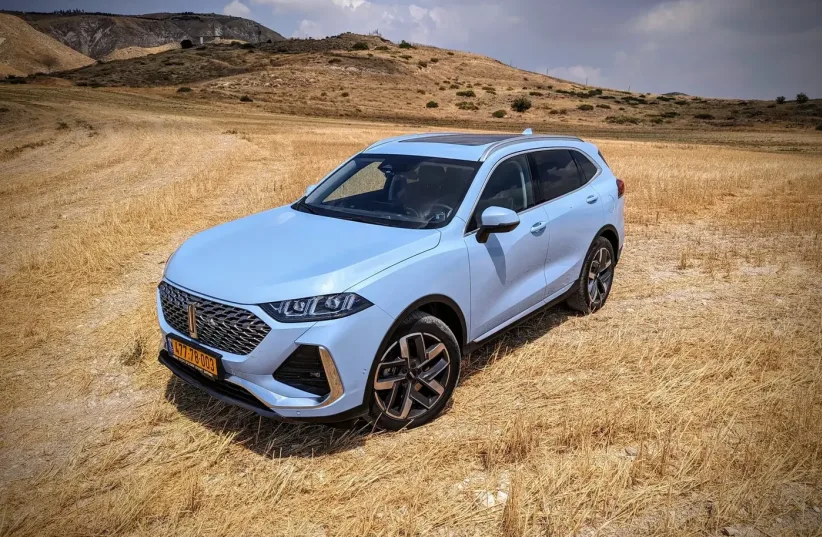Last week, when the Ministry of Finance presented the travel tax plan for public comments, a decision to include plug-in vehicles in it also stood out.
These are plug-in hybrid vehicles, which combine the two worlds: an electric range that is sufficient for most daily trips, dozens of kilometers, and in new models even over 100 km, and also a hybrid drive unit that ensures that you will not get stuck even when the battery runs out. The flag does not have the tax worth 15 cents per kilometer caused a lot of opposition in the responses received by the Authority.
Unlike vehicles that are 100% electric, do not consume any fuel and are not subject to the heavy taxes on gasoline and diesel, plug-in vehicles do consume gasoline, and little diesel. Want an electrified car without range anxiety? Kenan Cohen Kia Niro vs.
MG EHS First drive: WEY Kofi 02 First drive: Link Ang Ko 01
The theoretical consumption is lower, but in practice not all owners of these vehicles are careful to charge their battery every day, and therefore consume fuel like a normal hybrid vehicle. This was also the reasoning of the tax authority to completely cancel the tax benefit given to these vehicles until last year.
Countries that have already introduced a travel tax give a discount to plug-in vehicles compared to electric cars. In New Zealand this year, a tax of 76 local dollars per 1,000 km was introduced for streetcars, compared to 53 dollars for plug-in vehicles.
In Australia, owners of streetcars are charged 2.5 cents per kilowatt hour and plug-in vehicles 2 cents. It is unlikely that the country will completely give up collecting the tax from plug-in vehicles, but at the moment it appears that a reduced rate will be chosen for them.
More than 62,000 plug-in vehicles are currently driving in Israel , about 30,000 popular models such as the Kia Niro and MG EHS, and the rest mainly luxury models, compared to about 106,000 fully electric cars.
